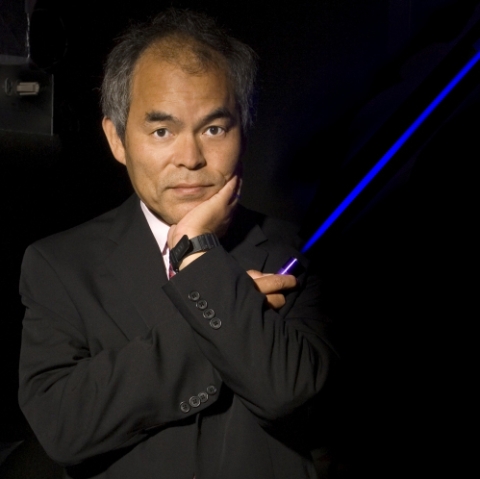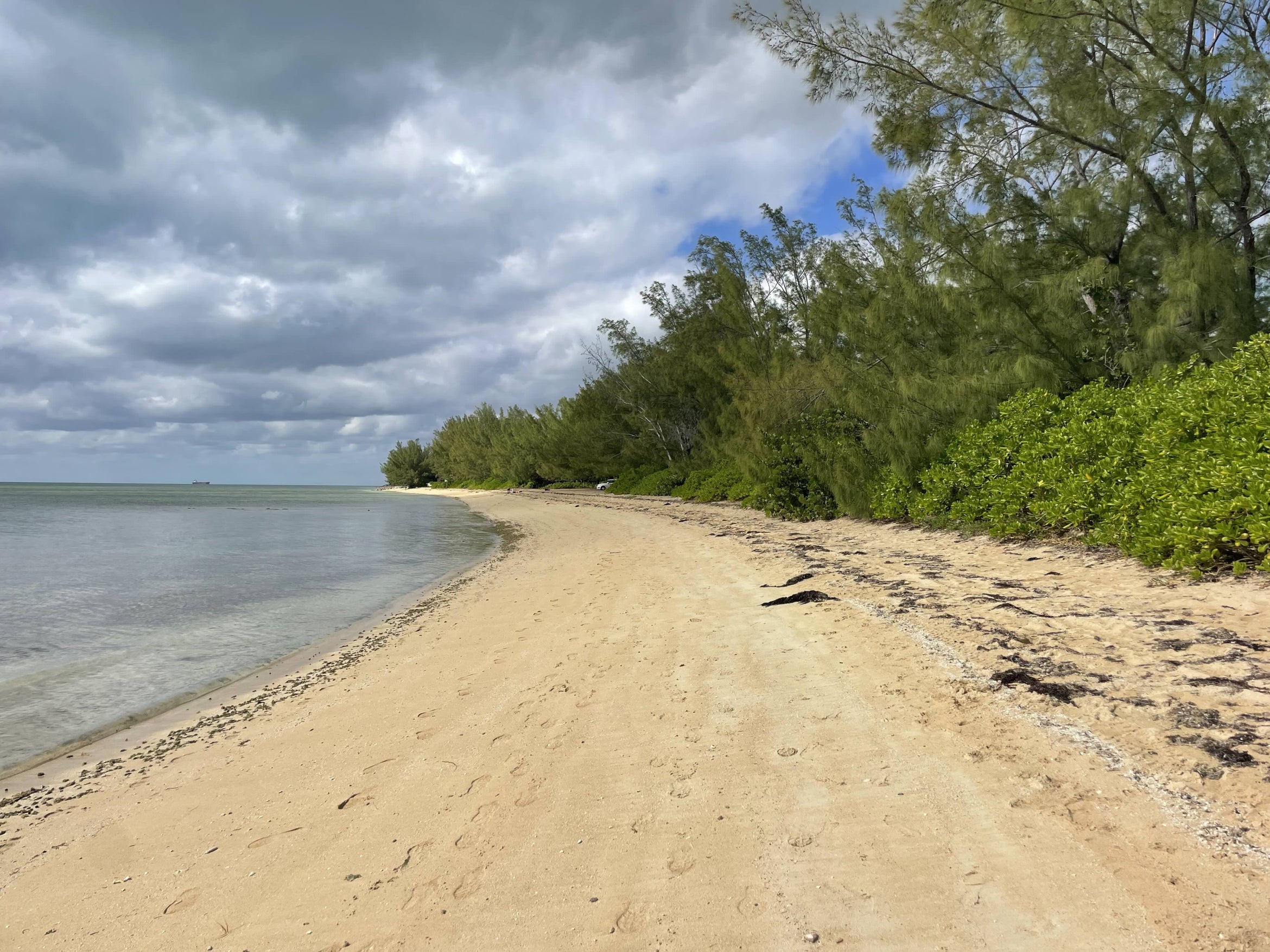Shuji Nakamura to be inducted into Engineering and Science Hall of Fame
UC Santa Barbara engineering professor Shuji Nakamura has been selected to join the Engineering and Science Hall of Fame (ESHF). The professor of electrical and computer engineering and of materials was elected “for pioneering invention and development of the blue light emitting diode (LED), a major breakthrough in lighting technology which made possible the white light energy-efficient LED lighting in wide use today.”
“I am deeply honored to be elected to the Engineering and Science Hall of Fame, and am grateful for this recognition of my contributions to the LED lighting and display field,” said Nakamura, who received the Nobel Prize for Physics in 2014 for his invention.
Nakamura joins fellow ESHF inductees Carl Harry Knowles, inventor and developer of the first programmable barcode scanner and handheld laser scanner and military aircraft designer Clarence “Kelly” Johnson as this year’s honorees.
The induction ceremony will be held at the Engineers Club of Dayton on November 13, 2024.
The Engineering and Science Hall of Fame is an international organization established to honor engineers and scientists who, using scientific and engineering principles, have made a significant contribution to human well-being.




